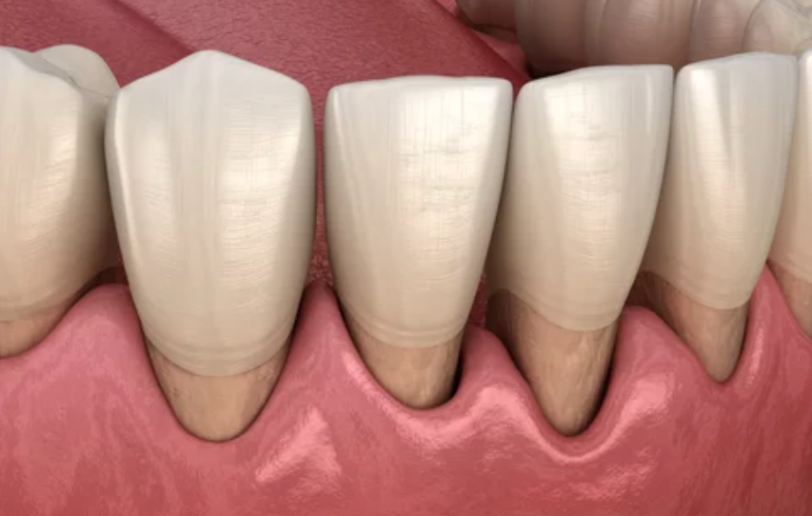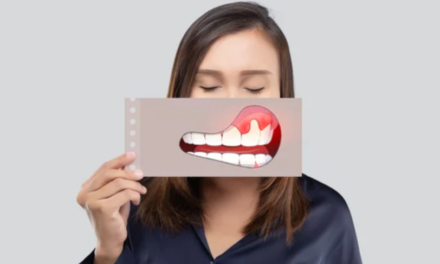Sometimes even the most careful dental care routines may not be enough to prevent receding gums. This is a condition where the gums pull away from the teeth, thereby exposing the roots of the teeth. It can cause tooth sensitivity, pain and even tooth loss if it is left. without treatment. Here, you’ll find some of the oral health conditions that may cause gum recession and the common treatments your dentist can offer.
Causes of Receding Gums
- Poor oral hygiene: Not brushing and flossing regularly can lead to a buildup of plaque and bacteria on the teeth, which can cause gum disease and recession.
- Gum disease: Gingivitis and periodontitis are two types of gum disease that can lead to receding gums. Gingivitis is the inflammation of the gums, while periodontitis is a more severe form of gum disease that can cause bone and tooth loss.
- Brushing too hard: Brushing your teeth too hard or using a toothbrush with hard bristles can cause the gums to recede over time.
- Age: As we age, our gums naturally recede, making us more susceptible to gum disease and other dental problems.
- Genetics: Some people may be more prone to gum recession due to genetic factors.
Receding Gum Treatments
- Scaling and root planing: This is a deep cleaning procedure that removes plaque and bacteria from below the gum line and smooths the roots of the teeth to help the gums reattach.
- Gum grafting: This is a surgical procedure where a small piece of tissue is taken from another part of the mouth and grafted onto the area of receding gums to cover the exposed root.
- Pocket depth reduction: This is a surgical procedure that involves folding back the gum tissue and removing the bacteria and plaque from the pockets around the teeth.
- Orthodontic treatment: In some cases, braces or other orthodontic treatments may be necessary to realign teeth that are causing gum recession.
Prevent Receding Gums
- Brushing and flossing regularly: This helps remove plaque and bacteria that can cause gum disease.
- Using a soft-bristled toothbrush: This helps avoid damage to the gums which can happen when you brush your teeth too hard.
- Eating a healthy diet: There is a link between oral health and overall health, therefore a diet rich in fruits, vegetables and whole grains can help prevent gum disease and other dental problems.
- Visiting the dentist regularly: Regular dental check-ups and cleanings can help detect and treat gum disease and other dental problems early.
Conclusion
- Gum recession is a common dental problem that can lead to tooth sensitivity, pain, and even tooth loss.
- Maintaining good oral hygiene, visiting the dentist regularly and treating gum disease early are all essential in preventing and treating receding gums.
- If you are experiencing symptoms of gum recession, speak to your dentist about the best treatment options for you.





